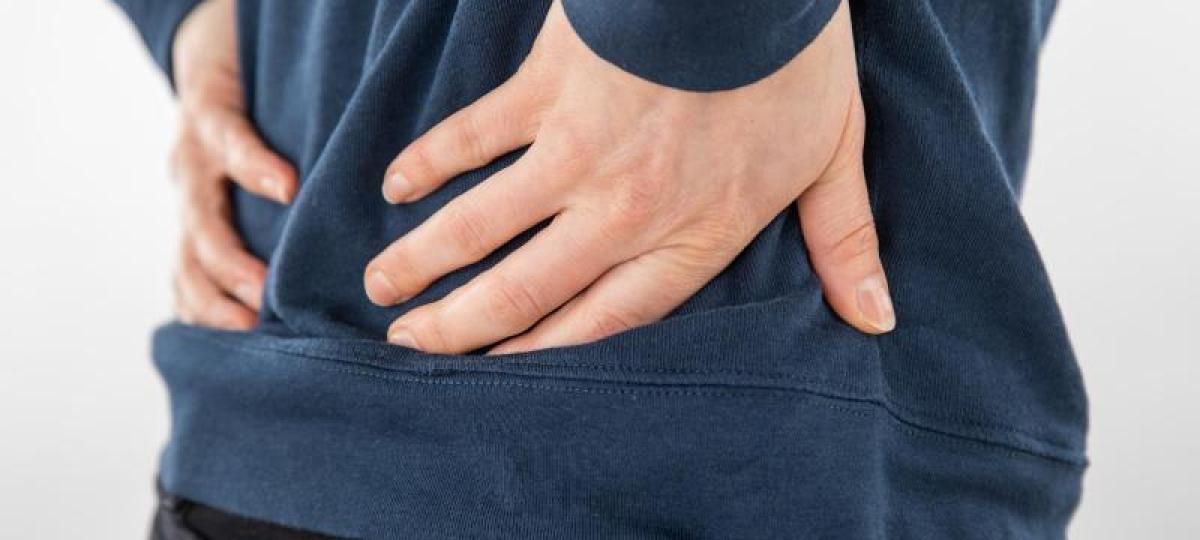Which vitamins are missing in muscle pain?

Muscle pain can occur in very different body regions. Various causes are possible. In this text, we want to limit ourselves to the trigger of the physical impairments to vitamin deficiency.
When do we speak of muscle pain?
At netdoktor.de Muscle pain – also called myalgia – is described as « stinging, cramp -like, pulling, burning or oppressive pain in the muscles ». In most cases, « the back, shoulder or neck area » is affected. Muscle pain could be acute, but also chronically.
Behind it can be « harmless tension, strains or injuries » that heal again. If the pain is chronic, they could be due to incorrect posture and overuse. It is also possible that you are « an accompanying symptom of serious diseases of the muscles itself, the nervous system, skeleton or other organs ».
Which vitamin is missing in muscle pain?
If muscle pain is due to a lack of nutrients, the body has too little magnesiumCalcium or Vitamin D. Magnesium is loud vital.de Also important for nerves and heart – there is not enough, this has an impact on bone health and can lead to osteoporosis. Calcium is also required for the nerves – here in addition to osteoporosis, dry skin or limited mobility threatens in addition to osteoporosis.
With that we come to Vitamin D. The so -called sun vitamin strengthens bones and muscles and ensures intact immune defense. Underupply threatens in particular in the dark season. Therefore, Vital.de advises to recharge your batteries in spring and summer – in the months in which the sun’s rays are the most in the months in Germany. The portal informs « around 80 to 90 percent of the Vitamins are formed by the body itself when the UV rays hit the skin « .
How can I record enough vitamin D?
As a rule of thumb, which supports the pharmacy survey, is to spend five to 25 minutes in the sun on the day. However, this value depends on factors such as « skin type, year and daytime, weather, clothing or the use of sun protection ». In addition, due to the geographical location, the sun’s radiation between October and March is not sufficient to absorb enough vitamin D.
The body can save vitamin D from the summer months for supply in the less sunny months. But then it is all the more important a healthy and conscious diet. However, according to Robert Koch Institute (RKI) there are only a few Foods that have a noteworthy vitamin D amount – This includes fat sea fish, certain offal, mushrooms or eggs. Alternatively, can be used for nutritional supplements or enriched foods.
However, caution is advised: While overdose due to sunlight is not possible, an excessively high intake of vitamin D preparations can have followed. First of all, the pharmacy survey here nausea, abdominal cramps, vomiting and kidney damage, in the long term, poisoning cannot be ruled out because the body stores the sun vitamin.
When does a vitamin D deficiency speak?
According to the RKI, this is the case « if vitamin D in the body is missing over a longer period of time and clinically relevant symptoms occur ». Rachitis or osteomalacia are mentioned – i.e. damage to the bones. However, it is pointed out that the vitamin D serum mirror is subject to strong seasonal fluctuations. A once too low value does not have to indicate long -term Lack of sun vitamin be.
Medically, a possible deficiency can be done by a Vitamin D test at Prove the doctor.
Which people are particularly at risk for vitamin D deficiency?
Here the RKI mainly calls people who rarely stay outdoors. This can also be immobile, chronically ill or those in need of care. Regardless of this, older people are « generally at risk, since the in -house production of vitamin D subsides with increasing age » and on top of that they usually « eat less food, so that less vitamin D is also added through nutrition ».
There is also an increased risk for infants « because they should not be exposed to direct solar radiation ». In addition, the RKI also calls « people who, for religious or cultural reasons, only go outdoors with covered skin, as well as people with darker skin ». The latter is due to the fact that skin with higher pigmentation leaves fewer UV rays through.
For another reason, people with chronic gastrointestinal, liver or kidney diseases are at risk-if they take medication that affect vitamin D metabolism.
By the way: the word « Side effect » is for vitamin D Strictly speaking.








